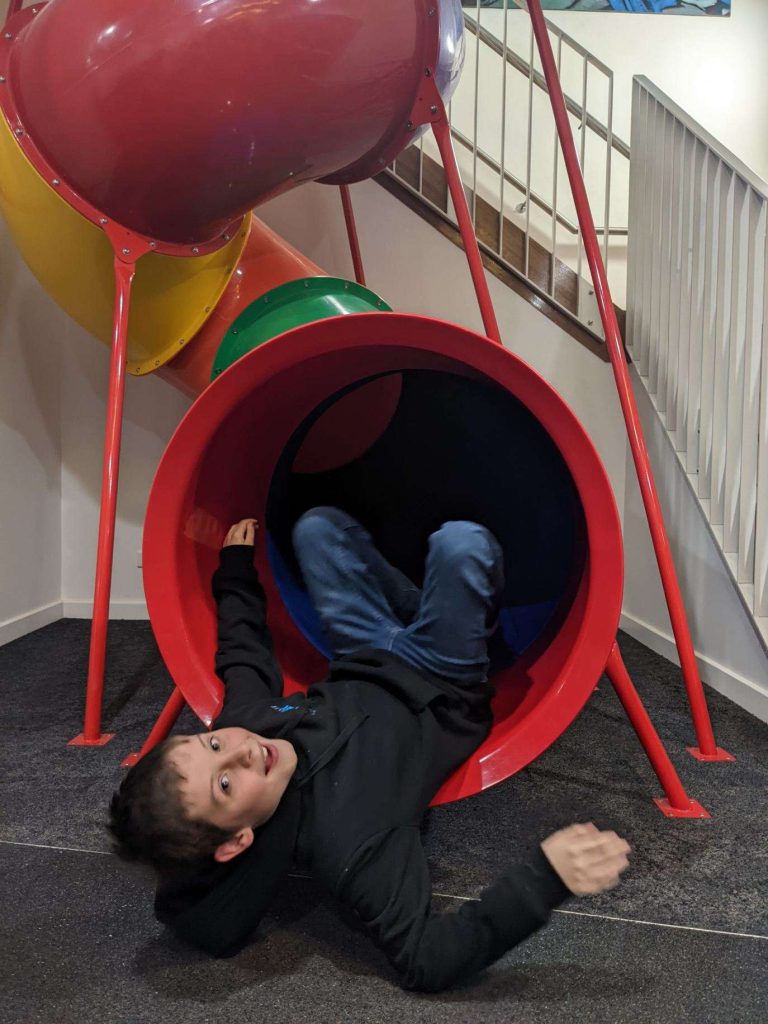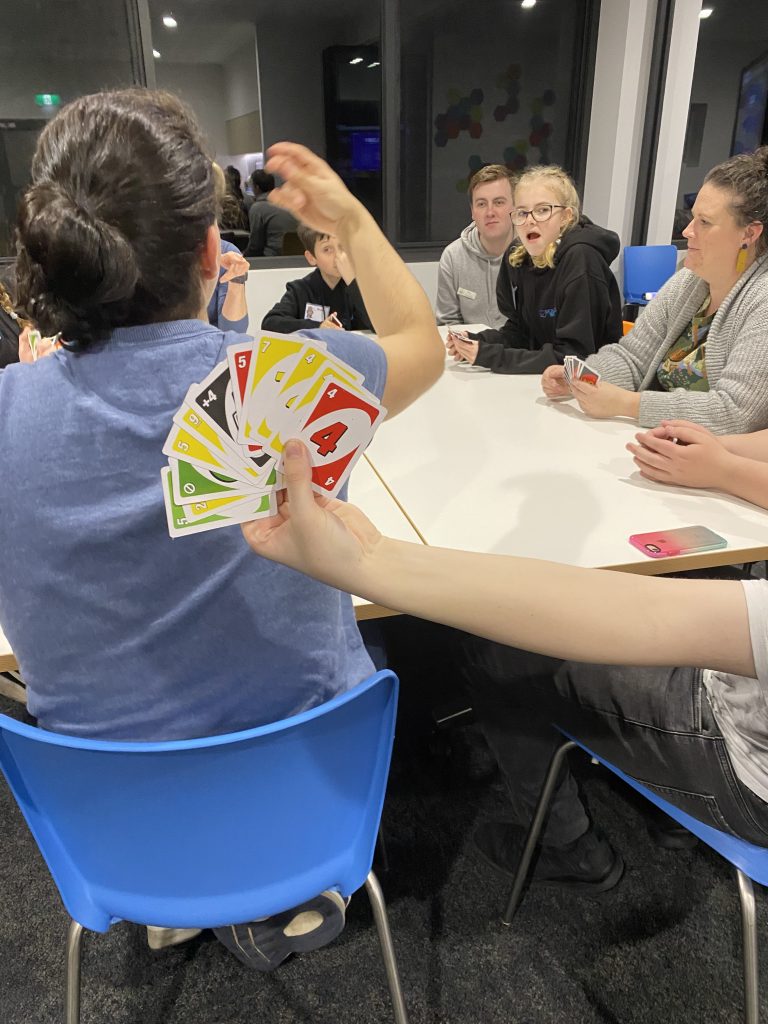Wombat’s Wish Weekend Youth Program
”Young people who do not learn healthy ways to cope [with their grief] are at risk for developing serious difficulties, such as depression, anxiety, or anti-social behaviour. A significant loss can damage a young person’s self-esteem, they can internalise the belief that they are bad, and their future can become hopeless.
Enhancing self-esteem is essential in helping the young person to increase resilience and be able to cope with adversity. Community based child bereavement services are about prevention.”
– Schurmann, 2003

Launched in 2021, our Wombat’s Wish Youth weekend program was developed by Manager and Coordinator Nicki Dunne and Rebecca Scott. As fully qualified youth workers with decades of experience in the youth support space, they have sought to create a very special weekend camp within our program, for young people who have experienced the death of a parent.
Our Youth program aims to provide young people (aged 12-17, who have previously attended a Wombats Wish weekend program) with extra age-specific workshops to further explore grief responses and coping techniques in a safe, non-threatening environment. This program will address issues relating to young people, in an open forum, without censorship of the discussions in the presence of young children.
Along with a mix of fun and relaxing activities, Youth Camp participants are also empowered to express emotions and thoughts, and seek advice from approachable and qualified professionals in a safe space.
Our Youth weekend program seeks to help parentally bereaved young people develop safe coping techniques, improve their mental health and reduce harmful or risk-taking behaviours. It also enables them to make important and lasting connections with their peers who are in similar situations, thus reducing their sense of social isolation.
FAQ’s about Wombat’s Wish Weekend Program
Who can go to a Wombat’s Wish youth program? Our Youth program is open to any young person aged 12-17 who has experienced the death of a parent, and who has previously attended a Wombat’s Wish weekend program with their family. The young person attends our youth camp on their own, in order to experience open forum environment where they can receive support tailored to their age and particular needs.
Where is youth camp? Our camp is held in Queenscliff, on the Bellarine Peninsula. Weekend Programs runs from Friday evening to Sunday afternoon, and young people stay onsite in separate dorms.
Who facilitates the program? Wombat’s Wish Youth Weekend Programs is facilitated by a dedicated and approachable team of psychologists, social workers, youth workers and mental health workers, with specific experience working with at-risk youth and case management. We also arrange a General Practitioner to host a helpful and informative session with young people.
Does it cost money to send my young person to the weekend program? No. All of our Wombat’s Wish programs are 100% funded by donations, community support and grants, and run at no cost whatsoever to the families.
How do I get my child on a youth weekend program? It’s easy. Simply fill out our referral form here, or get in touch with our team for our Youth Program Information Pack.
Why is Wombat’s Wish Youth Program important? Bereaved children are 41% more likely than their peers to be considered ‘at risk’ of emotional and behavioural problems than their peers*. The teenage years are particularly challenging for parentally bereaved young people, who are 40% more likely to experience low self-esteem, and more likely to require medical intervention for mental illness into adulthood*. Research demonstrates that teens experience express grief differently to both children and adults, and are more likely to engage in harmful or self-destructive behaviours to cope. Thus, our Youth Camp is tailored to provide essential support, resources and connection for young people during this most difficult period.
(*CanTeen, 2010, Prevo and Weel, 2014 and Good Grief, 2023)


